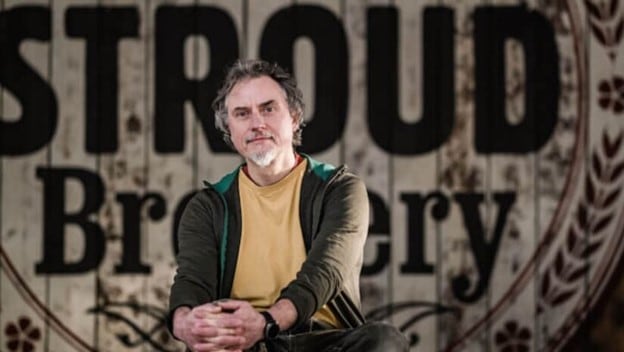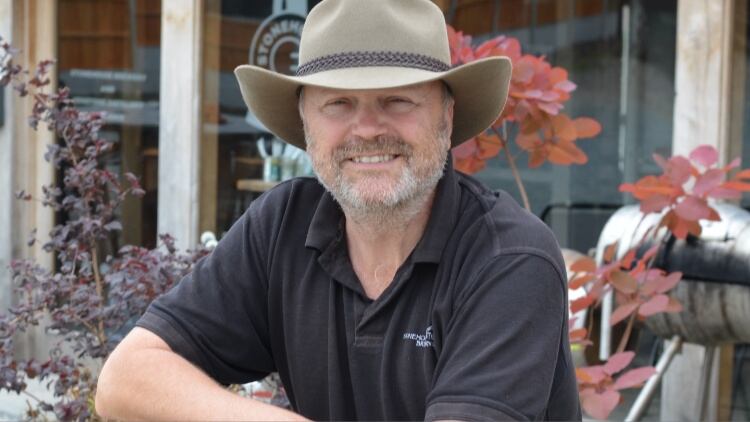Attending a recent talk by environmental anthropologist, Chris Smaje, about how to build stronger, more resilient communities left me ruminating on this question.
At the same time, I read that people’s disposable income fell by a third between April and June this year.
Yet economic solutions are continuously encouraging us to buy and consume. The inherent flaw in this model is the finite supply of resources on the planet plus, if people’s incomes are squeezed, how can they keep spending?
Pubs’ advantage is that we trade in food and drink, the essentials of life, and provide something equally fundamental: a space for social connection. The need to gather, share stories, and strengthen bonds is innate in humans and if we meet it well, by thinking beyond the bar, it can secure a thriving future.
By identifying and filling gaps in local life, a pub can enhance its own viability while motivating residents to support it.
More support
The result is mutual re-enforcement: stronger communities generate more support and income for the pub, which in turn feeds back into community strength. Back scratching at its best.
Lateral thinking is essential. What do local people need that they cannot currently access? If a community has a pub, a shop, a doctor, a school and a church, they are resilient (and always were). But if they don’t, how can the pub fulfil those needs?
Examples already exist. At Stroud Brewery’s taphouse, a visiting hairdresser once offered low-cost trims alongside pints. An artisan baker would bring breads to sell on a Friday night, and our wood fired pizzas were borne out of a friend’s interest to build a pizza oven and start a new enterprise.
At one of our long-standing customers, the Prince Albert in Stroud, a seamstress sets up monthly to repair or alter clothing. Other pubs host drop-in sessions with the police, Citizens Advice, or local councils, bringing essential services to people who might otherwise struggle to reach them. It’s smart thinking to form connections on a neighbourhood scale.
This may sound at odds with traditional hospitality, but the weekly rhythm of a pub provides opportunities. Quiet mornings or slow afternoons can accommodate pop-up services, workshops, or advice clinics without disturbing peak trading hours.
At Stroud Brewery, roughly a third of community activities held in the taproom are free: a Lego club, a conversation circle for older residents, and the Wild Woolley Women’s knitting group, for example.
Community hubs
Yes, participants usually buy a drink, but the greater value is that the pub becomes part of everyday life, not just a destination for a big night out.
That shift matters because most UK adults now prefer to drink at home, and 63% regard alcohol as a luxury. Pubs must embed themselves as hubs of everyday community life to overcome this trend.
Communities the world over share the same anchor points and rituals: marking births, weddings, first jobs, Christmas, harvests, the seasons, and the passing of loved ones.
This stability makes us feel grounded and that we belong – the need is in our DNA. With the decline of the church, an increasingly agnostic or humanist society increases the social value of a pub or tap-room.
We should embrace this social role and invite our communities to collaborate and, through this, pubs can support the “village effect”. If we do this well, I am confident our pubs and bars will endure whatever challenges the future brings.




